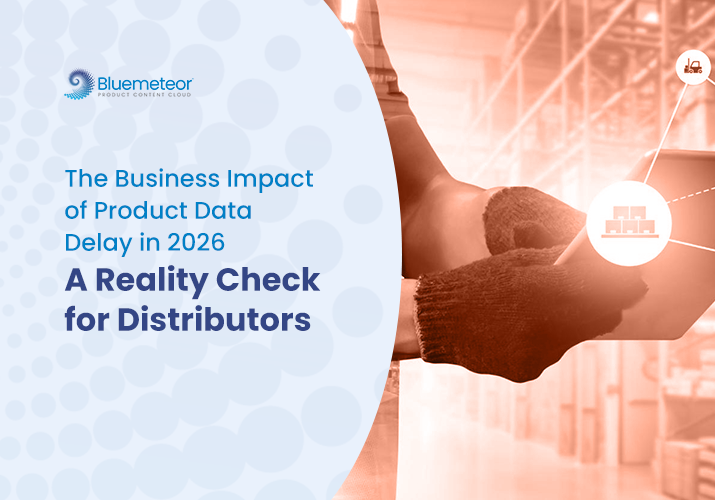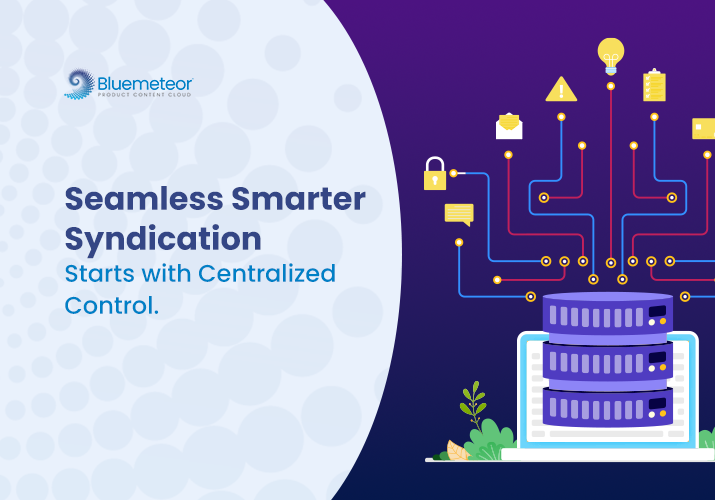Explore Why Improving The Process of Onboarding Product Data is a High Business Priority in 2024

Onboarding product data, looking into the year 2024 and beyond, it is clear that the continuous development and improvement of data import processes will remain a high business priority. In particular, this is especially applicable to businesses that deal with the import of product data, whether they are ecommerce stores, distributors, retailers, or manufacturers.
The Future of Product Data Onboarding
Here’s the revised version with added transition words:
The enhanced process for importing product data significantly aids in efficiently managing your product catalog. As a result, it ensures all necessary information, such as prices, quantities, and product descriptions, are updated. Furthermore, it allows the use of advanced algorithms to make predictions or reveal patterns.
In today’s age, consumers have access to countless purchasing avenues. Consequently, ensuring uniformity and consistency of product information across platforms is now imperative.
A smooth, efficient process for importing product data has become a top priority for businesses worldwide. This shift, in turn, is driven by several significant reasons.
Analysts Report
Insights into PIM Challenges, Emerging Trends, and Best Practices for 2024 and Beyond

Reasons Why Onboarding Product Data is Important
Here are some reasons why improving the process of importing product data has emerged as a critical business priority in 2024:
- E-Commerce Boom – The E-Commerce industry continues to flourish in 2024, demanding more efficiency and speed in the product data import process. As a result, businesses that manage to integrate a quick, efficient data import process are likely to cater to this demand more effectively, thus gaining a competitive edge.
- Enhanced Customer Experience -Improving product data import also has significant impacts on the customer experience. A faster, more accurate import process, for instance, allows businesses to showcase their products to potential customers quickly. Moreover, accurate product information enhances the customer’s buying experience, ultimately promoting loyalty and customer retention.
- Data Quality Improvement: Errors and inconsistencies in product data can have serious business implications. Automated data import helps improve data quality, aiding businesses in making informed strategic decisions.
- Data-driven Business Insights: Businesses thrive on data-driven insights, with product data often holding a wealth of unexplored information. A streamlined product data import process provides valuable data more readily available for business analytics.
- Leveraging Technological Innovations: This year, it’s impossible to ignore the role of artificial intelligence (AI) and machine learning (ML) in reshaping businesses. AI and ML can expedite the process of data importation and management, learning from data patterns to continuously enhance efficiency.
- Achieving Scalability: Businesses aiming for rapid expansion can’t overlook the crucial role of robust product data management. A reliable data import process can readily scale in response to the business’s evolving needs.
- Regulatory Compliance: Last but not least, improved product data importation can help businesses adhere to the increasing complex and rigorous regulatory compliances.
The Takeaway!
In this ever-evolving digital age, leveraging technology for data management is no longer optional. It’s an imperative business strategy.
Improving product data importing processes in 2024 streamlines your operations. It also underpins business growth and drives profitability.
Accelerate the collection and distribution of your product information from back-end data stores. These include ERP, Data Warehouse, or PIM, to web-ready eCommerce marketplaces and distribution channels.
Blue Meteor DataBridge automates the flow of product content between suppliers and retailers. It gives you the freedom to sell more, grow more, and profit more.




